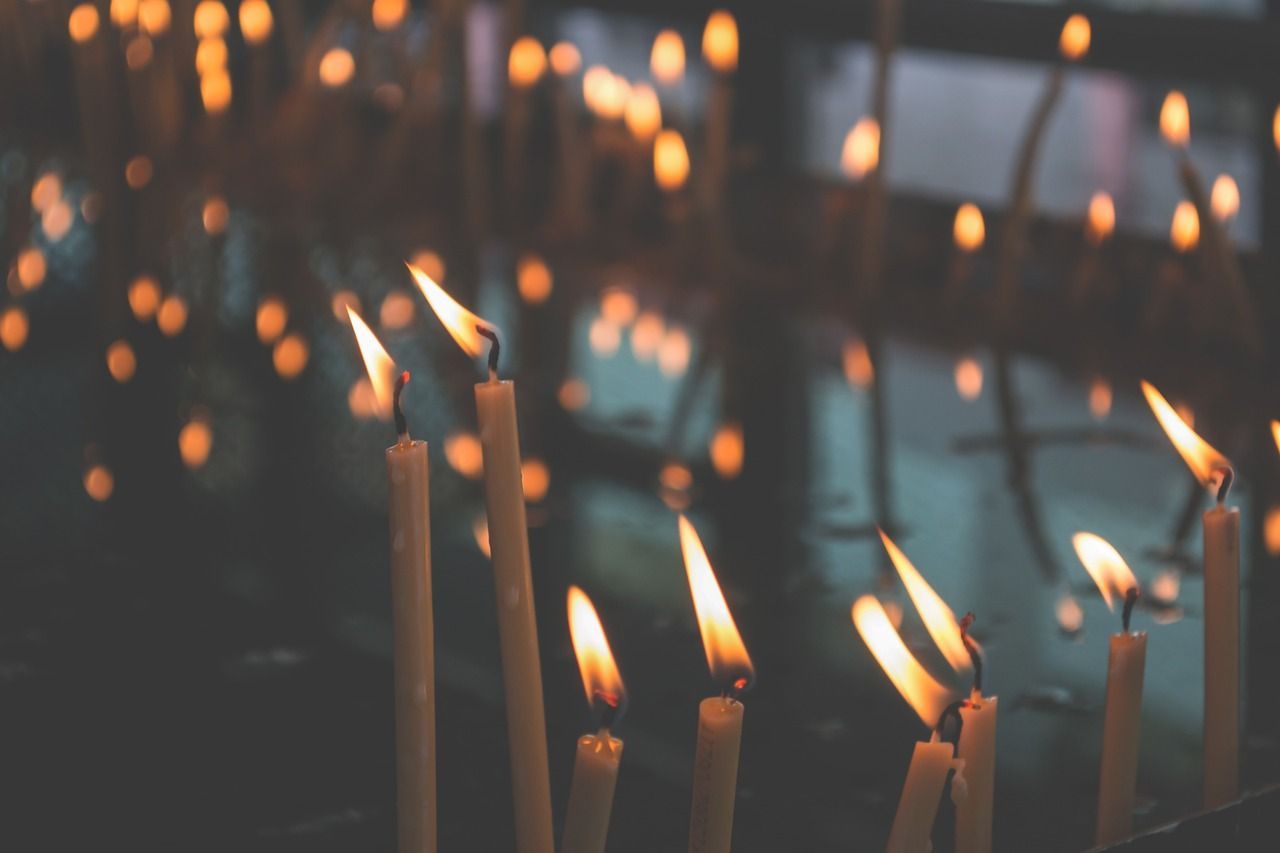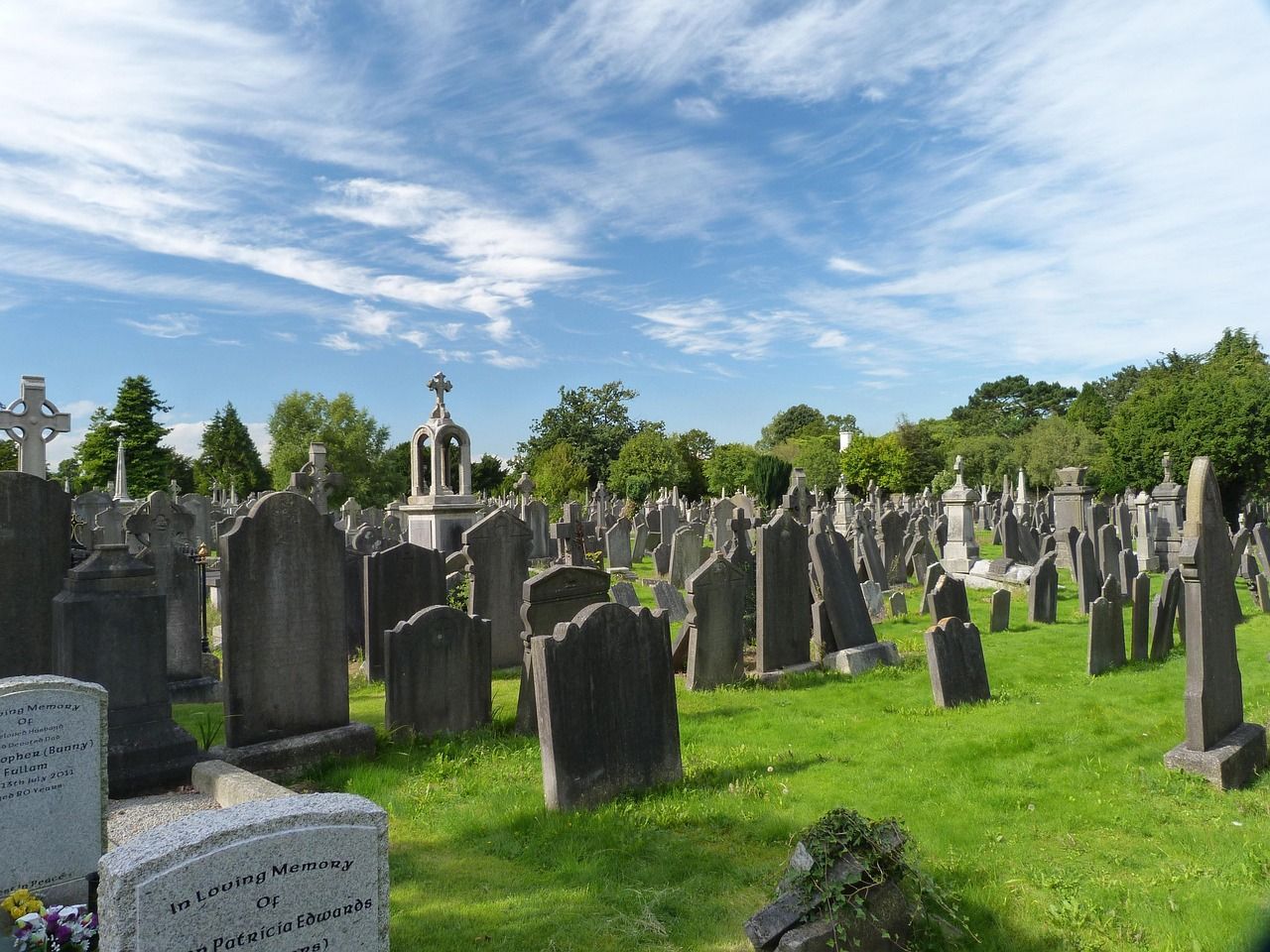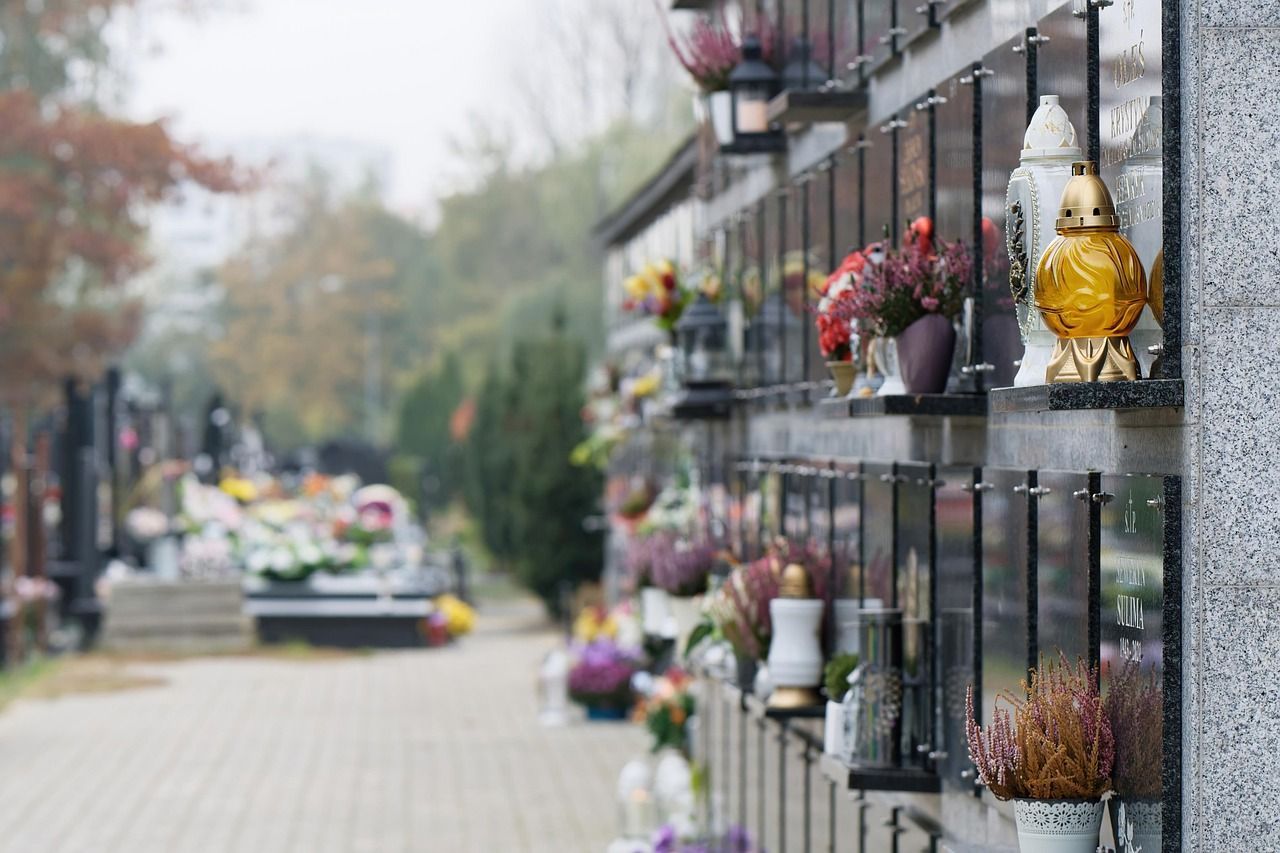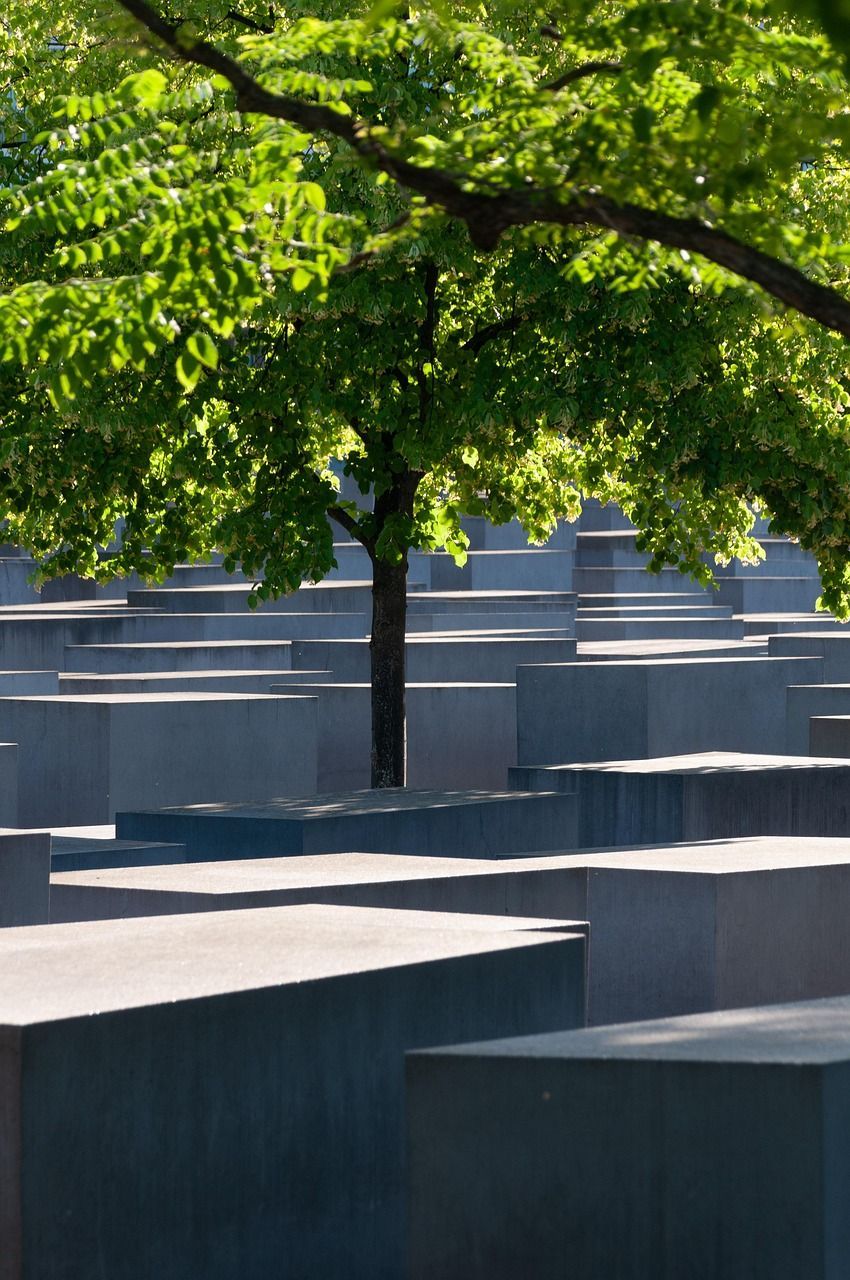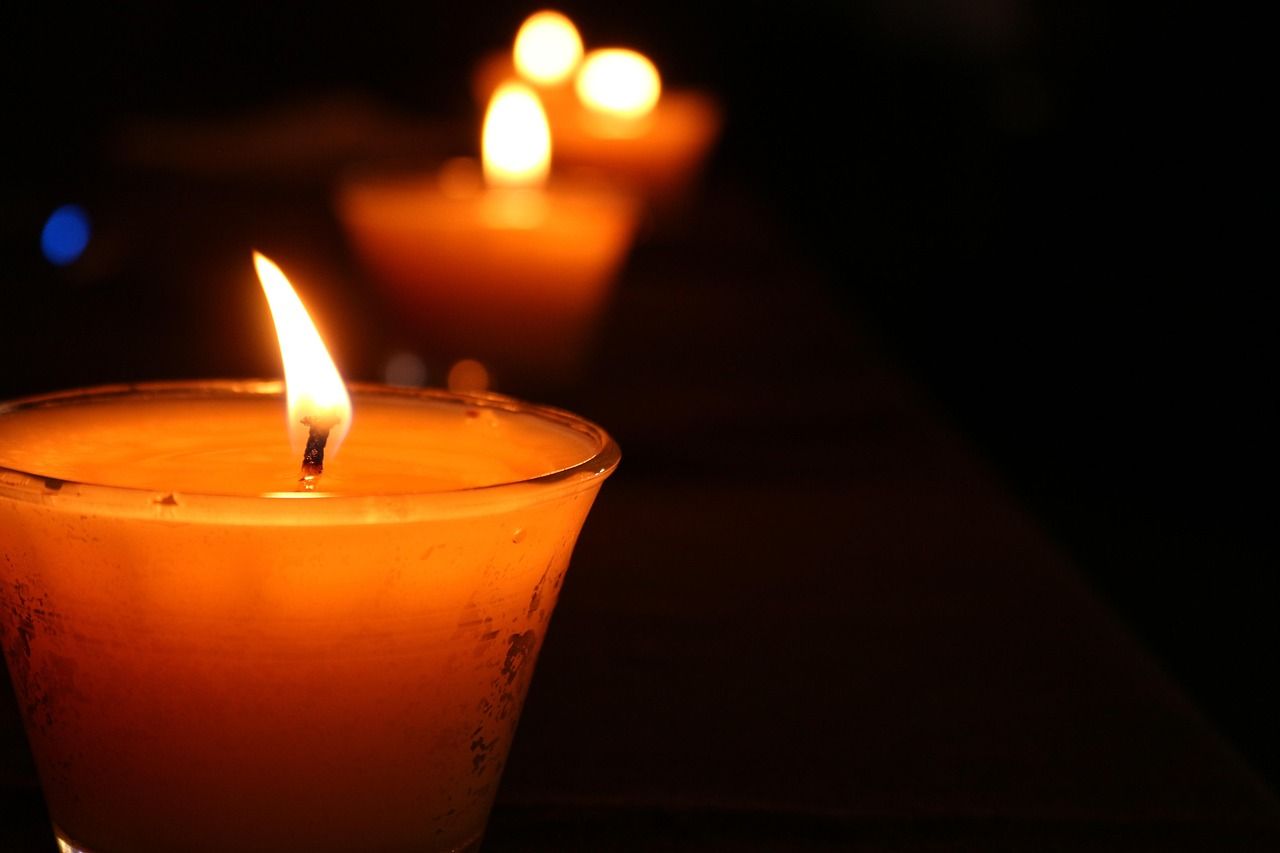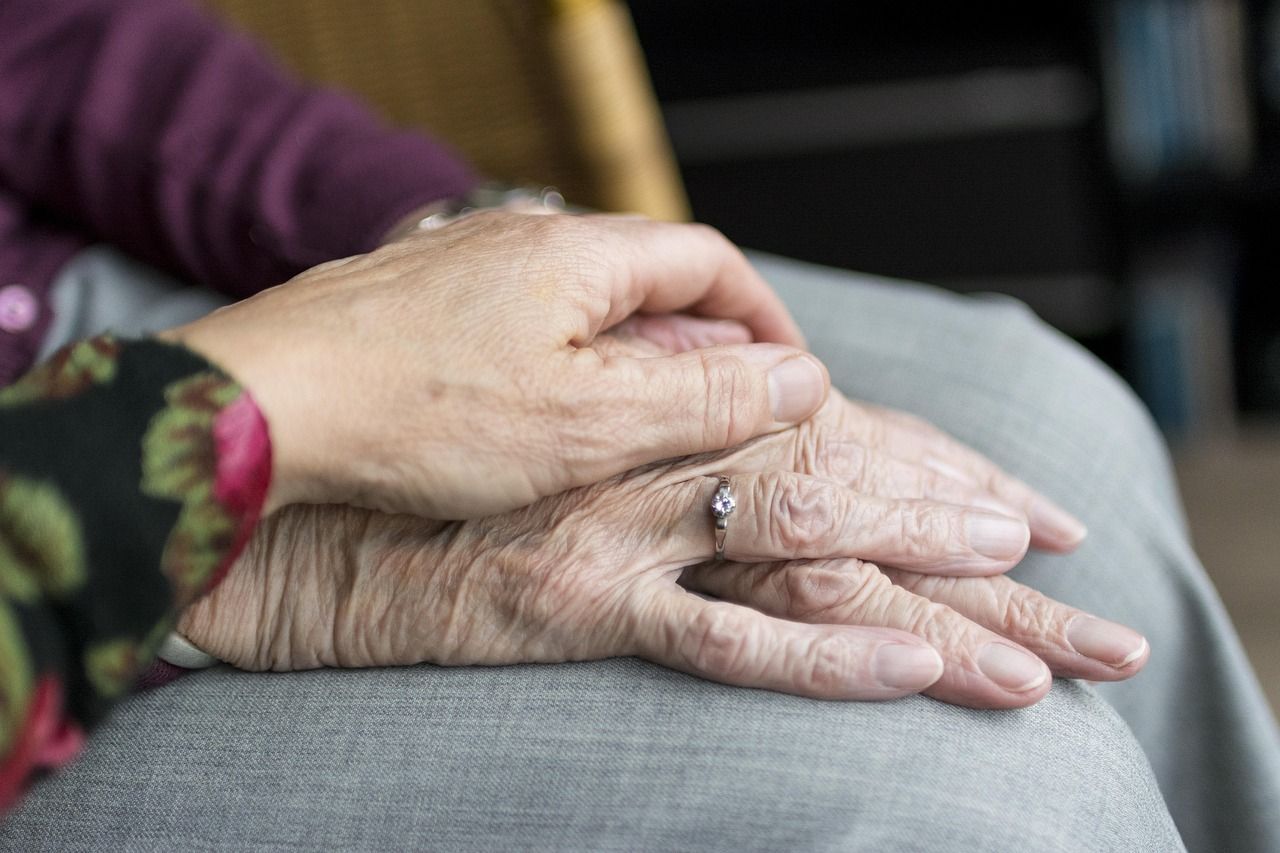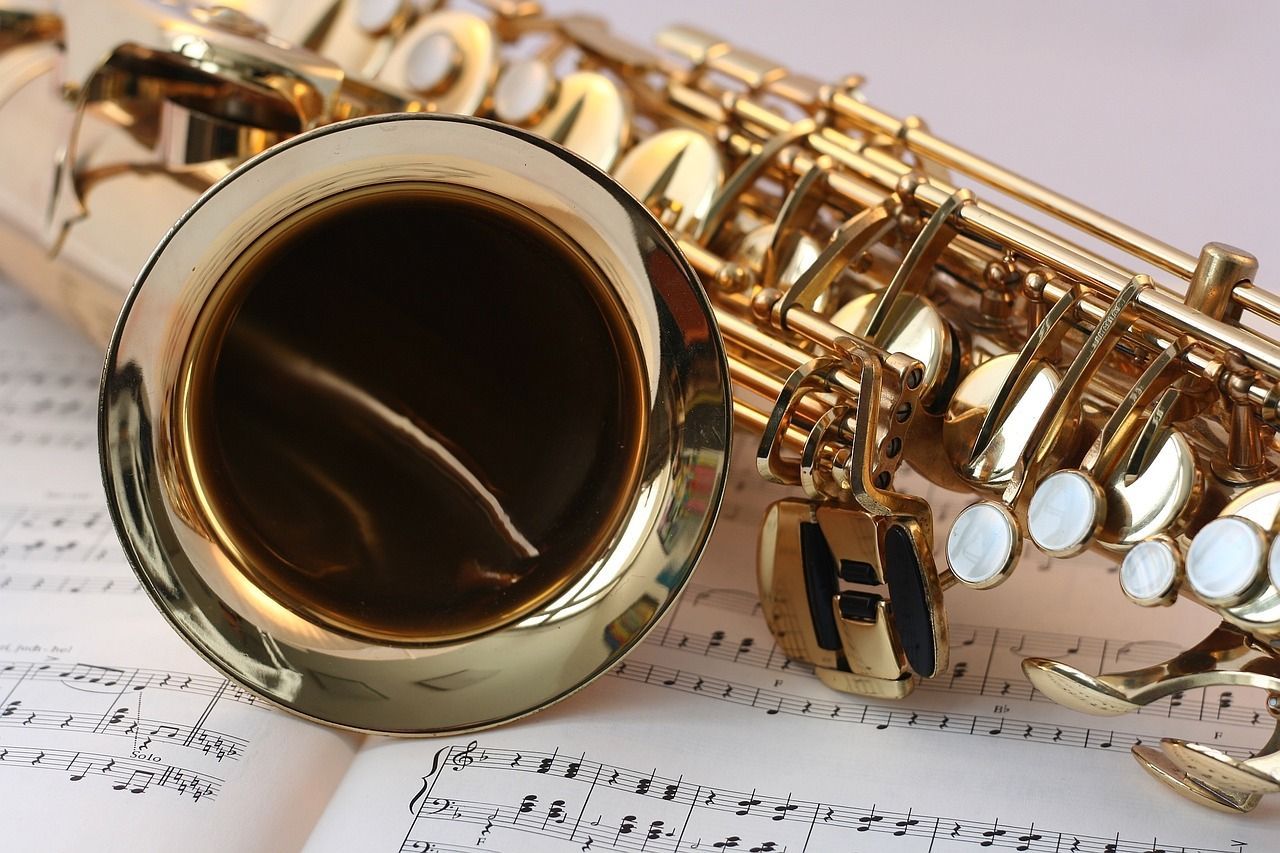The Importance of Honoring Religious and Cultural Traditions in Funeral Services
Funeral traditions are one of the most profound ways we express love, respect, and remembrance. Each culture and faith carries its own meaningful practices, from prayers and readings to rituals, attire, and offerings, all of which bring comfort and connection during a time of loss.
At
Peel Funeral Home, we recognize the importance of preserving these traditions. Our role is to ensure that every family’s beliefs are honored with dignity, compassion, and understanding.
1. Why Cultural and Religious Traditions Matter in Funerals
Every family’s traditions tell a story, not just of the person who has passed, but of generations before them. These customs help guide the grieving process and provide a sense of continuity and peace.
Whether it’s a Catholic Mass, a Buddhist chanting ceremony, or a simple Christian prayer service, rituals help families find strength and unity. They also offer an opportunity for extended family and friends to show support in a way that feels natural to their shared heritage.
In essence, honoring traditions is about respect, respect for the individual, their beliefs, and the community they were part of. When those elements are integrated into the funeral, it transforms the service into something deeply personal and healing.
2. Supporting Families from All Faiths and Backgrounds
At Peel Funeral Home, we understand that no two families grieve alike. That’s why we take the time to learn about each family’s background, whether that means coordinating with religious leaders, preparing specific ceremonial items, or arranging the service space to reflect cultural customs.
Here are a few examples of how traditions differ:
- Christian services often include prayers, hymns, and scripture readings.
- Jewish funerals may focus on simplicity, with a quick burial and prayers led by a rabbi.
- Hindu ceremonies might involve cremation and the scattering of ashes in a sacred location.
- Muslim funerals follow the Janazah prayer and burial as soon as possible after death.
- Buddhist funerals often include chanting, offerings, and incense to honor the spirit’s journey.
By providing culturally aware guidance, we help ensure families feel seen, supported, and confident that every tradition is respected.
3. Personalizing Services While Preserving Tradition
Tradition provides structure, but personalization gives meaning. Many families find comfort in blending faith-based customs with personal touches that celebrate their loved one’s life story.
Here are ways families can personalize traditional services:
- Displaying family photos or heirlooms that represent cultural roots.
- Including traditional foods or drinks during gatherings or receptions.
- Playing music or hymns that are meaningful to the family’s heritage.
- Incorporating traditional dress or colors into the service.
Our team helps families design services that balance long-held customs with meaningful personalization, allowing for a tribute that feels both authentic and heartfelt.
4. How Funeral Directors Help Coordinate Cultural Elements
Funeral directors play a key role in ensuring every tradition is carried out properly. At Peel Funeral Home, we act as both organizers and supporters, bridging the gap between cultural expectations and logistical planning.
We can assist by:
- Coordinating with clergy or religious representatives.
- Providing necessary materials (incense, candles, flowers, or ritual garments).
- Advising on timing or ceremonial order for faith-based services.
- Setting up proper viewing arrangements based on cultural norms.
This kind of behind-the-scenes support ensures that every detail is handled with care, so families can focus on being present and honoring their loved one.
5. Creating an Inclusive Space for Every Family
Respect for diversity is at the heart of what we do. Peel Funeral Home provides a space where families from all walks of life can gather, whether their service involves sacred readings, cultural music, or quiet reflection.
Inclusivity also means recognizing when families may need extra guidance. Some members may have moved away from their original traditions, while others may wish to reconnect with them. Our team can gently help families rediscover or adapt these practices in ways that feel meaningful and true.
6. Blending Modern Options with Traditional Values
Modern technology allows families to share traditions even across distances. From live-streamed ceremonies to digital memorial tributes, we can combine tradition with today’s tools to help relatives around the world take part in important rituals.
For example:
- Broadcasting religious services for distant family members.
- Creating online memorials where cultural symbols and prayers can be shared.
- Recording traditional prayers or songs for lasting remembrance.
These thoughtful additions keep family and community bonds strong, even when not everyone can attend in person.
Frequently Asked Questions
1. Can a funeral include more than one religious or cultural tradition?
Yes. Many families today have diverse backgrounds. We can help blend multiple faith or cultural practices into one meaningful service that honors everyone’s heritage respectfully.
2. How can I make sure my cultural customs are followed properly?
Let our team know your preferences early in the planning process. We’ll coordinate with your religious or cultural leaders and ensure every important detail is handled correctly.
3. Do I need to provide specific items for cultural rituals?
In most cases, we can help supply or source traditional items such as candles, flowers, or incense. If you have special items or symbols, we’ll make sure they are incorporated appropriately.
4. What if my family doesn’t follow traditions closely but wants to include some elements?
You can choose to include only the rituals that feel most meaningful. Our team can guide you through your options and help strike a balance between tradition and personalization.
5. Can we hold religious services and celebrations of life together?
Absolutely. Many families combine traditional rites with personal celebrations. This approach allows for both spiritual comfort and joyful remembrance.
6. What should I share with the funeral director before planning?
It helps to share your family’s faith background, preferred customs, and any special requests early on. This allows us to prepare the space, materials, and schedule appropriately.



